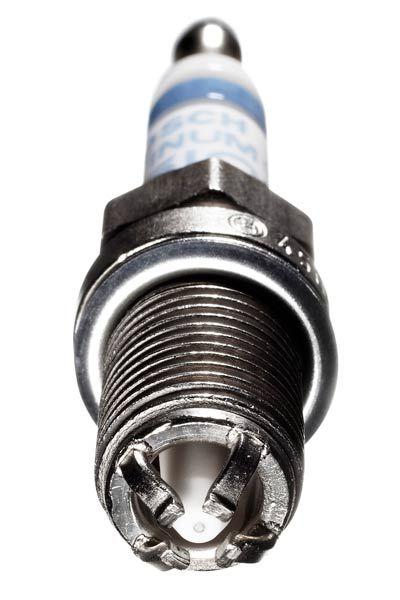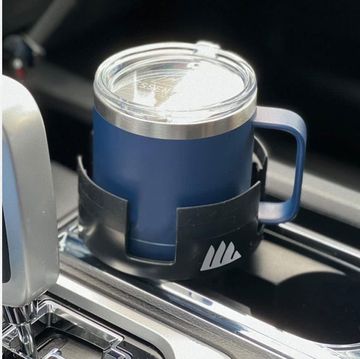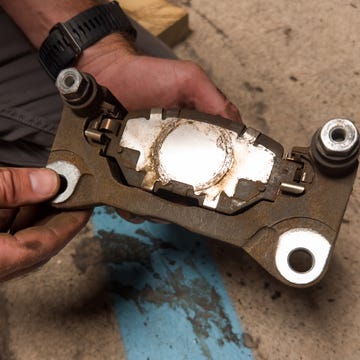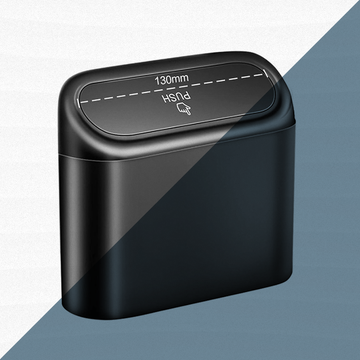I've heard platinum spark plugs can get stuck in engines. Is this true? If so, is it possible to prevent?
There has been a long-standing rumor, longer than the promised 100,000-mile lifetime of platinum spark plugs, that these plugs tend to get stuck in place. The concept behind the rumor is that because the plug is made of platinum, contact with the steel or aluminum of the engine's head results in galvanic corrosionsurface degradation that happens when dissimilar metals are in contact with each other in an electrolyte, in this case, water. The theory is that this process fouls the threads of the plug and fuses it in place.
The problem with this logic is that the threaded end of the plug that contacts the engine's head isn't made of platinum, it's made of plated steel just like any other plug (and that plating should resist galvanic corrosion with an aluminum head). The platinum component is the center electrode nestled at the core of the ceramic insulator. It never comes into contact with the rest of the engine.
That being said, spark plugs of all types can be tough to remove after a few years in place. Whenever checking or replacing a plug, we like to dab a bit of antiseize on the threads, to aid later removal, before putting it in the plug hole. As always, never crank a plug tight with a socket wrench. Plugs on most cars and trucks should be torqued to about 20 foot-pounds.













